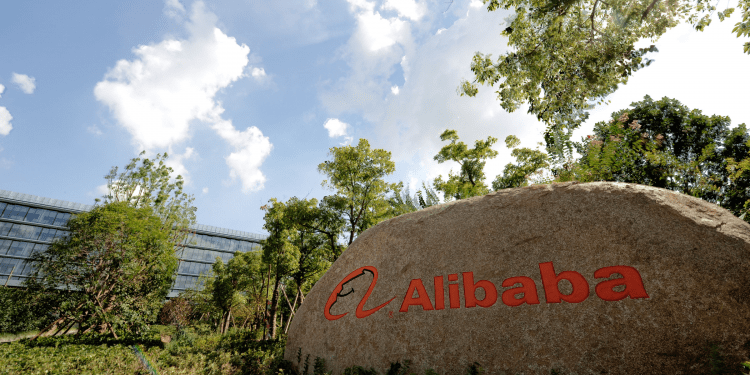Most people’s awareness of Alibaba (outside of China) was measurably increased in 2014 when the company’s IPO raised more than 21 billion and, depending on how measured, competes with Amazon as the world’s #1 e-commerce company. This article in Forbes discusses Alibaba’s newly announced initiative called A100, essentially a bundling of services for use by enterprises seeking better access to the e-commerce world, particularly the Chinese market.
‘Alibaba has created software and services that powered its own business that is both highly scalable (it services arguably the largest customer set globally, over 600m active users) and also increasingly personalized through the use of artificial intelligence. Alibaba’s business with the exception of its Alibaba B2B marketplace has predominantly been focused on consumer-facing products but the A100 initiative highlights that Alibaba is increasingly also thinking about is offering for businesses.’
Using size and scale to expand internally created capabilities and offer them more broadly to the external market seems to make sense. The A100 services are to be delivered through something called the Alibaba Operating System, which we assume is a modified version of what is already used to power various Alibaba business processes. These are all available through AliCloud, which again would be something equivalent to AWS, Azure, Google Cloud and so forth.
‘By offering third-parties A100, Alibaba ensures that efficiency and return on investment is possible to occur faster for partners as the technologies offered already been proven to leverage synergies between various parts of the Alibaba ecosystem. It also provides partners with the opportunity to maximize investment made into China in a less risky manner. “It’s going to become significantly more challenging to do well in China because the market is tightening up,” said David Roth, chief executive of WPP Plc’s ‘The Store’ global retail practice. Alibaba offering A100 to brands ensure that brands can leverage Alibaba’s expertise and synergies between its various business units at a time in which the Chinese opportunity is seen to be a bit riskier due to slower consumption and a tightening of the Chinese economy.’
Reading the article ones sees certain implications, including an increasingly competitive world where scale and efficiencies help manage costs, especially in slower growth periods. One also sees the ‘repackaging’ strategy that perhaps deepens Alibaba’s relationships with key companies outside of China. There is also the implied message that doing business in China can be fairly complicated, as so many have found out, and typically comes with a quid pro quo, never forgetting that the opaque Chinese government looms over all. Nevertheless, companies have been willing to compromise for access to the world’s second-largest economy, despite the known (and unknown) risks.
‘Alibaba has always been a technology company that utilized e-commerce to generate revenue and profits with the A100 initiative it offers brands and businesses with the opportunity to utilize proven technology to accelerate their digital transformation.’
Overview by Steve Murphy, Director, Commercial and Enterprise Payments Advisory Service at Mercator Advisory Group









